Exzellenter Service gepaart mit leidenschaftlichem Einsatz für Open Access:
Die MPG feiert 25 Jahre Literatur-Grundversorgung
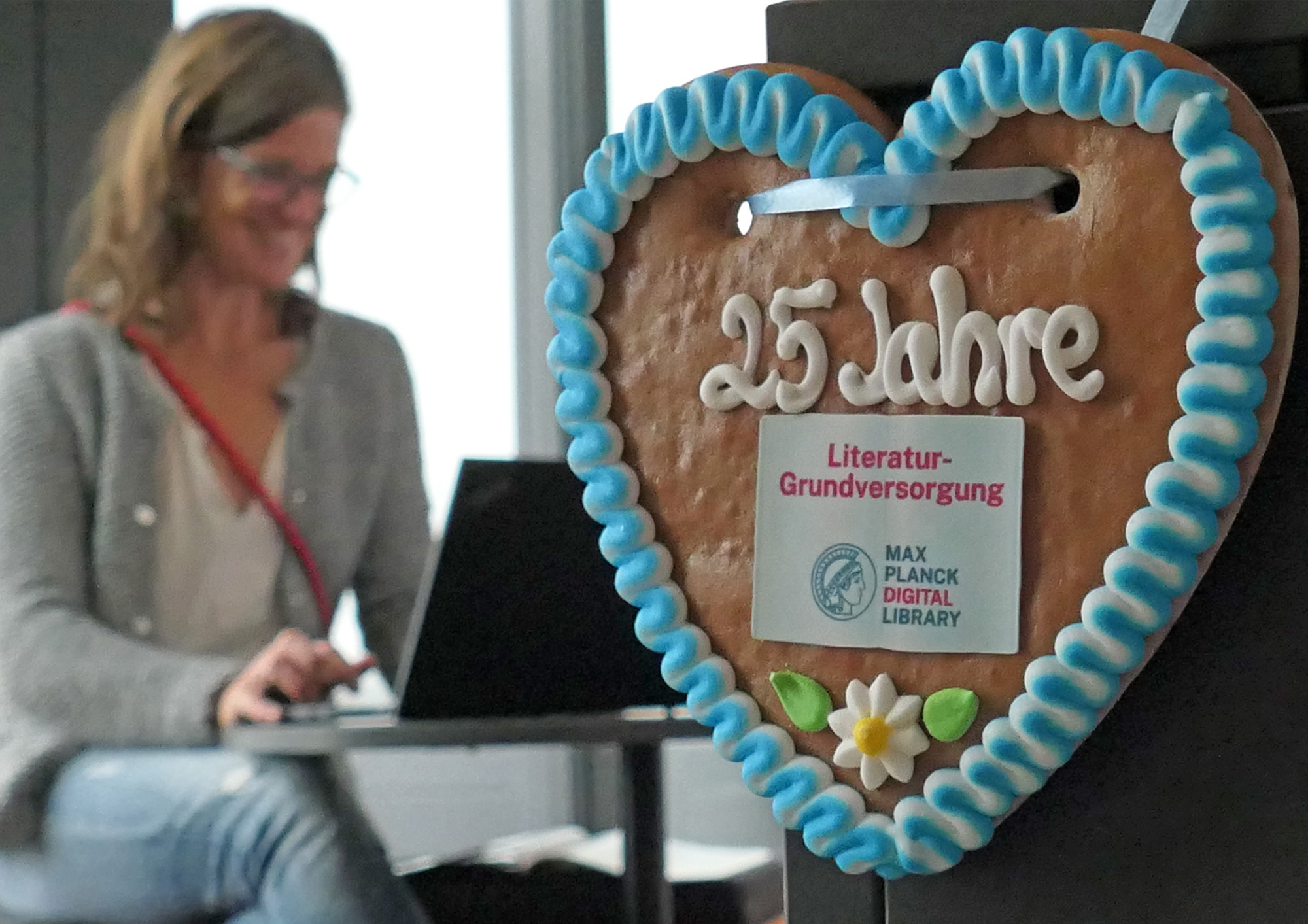 Da knallen die Korken: Die Max-Planck-Gesellschaft feiert ein Vierteljahrhundert Literatur-Grundversorgung. Die Literatur-Grundversorgung ist heute ein zentraler Service der Max Planck Digital Library (MPDL). Dank der Grundversorgung wird den MPG-Forschenden ein nahezu universeller Zugang zu wissenschaftlicher Literatur angeboten und gleichzeitig wird sichergestellt, dass Forschungsergebnisse der MPG ein breites Publikum erreichen.
Da knallen die Korken: Die Max-Planck-Gesellschaft feiert ein Vierteljahrhundert Literatur-Grundversorgung. Die Literatur-Grundversorgung ist heute ein zentraler Service der Max Planck Digital Library (MPDL). Dank der Grundversorgung wird den MPG-Forschenden ein nahezu universeller Zugang zu wissenschaftlicher Literatur angeboten und gleichzeitig wird sichergestellt, dass Forschungsergebnisse der MPG ein breites Publikum erreichen.
Stellen Sie sich vor, Sie kommen nach einem langen Tag nach Hause, drücken einen Schalter und haben sofort Licht. Sie denken wahrscheinlich nicht an die gesamte Infrastruktur dahinter – die Arbeit, die erforderlich ist, um etwas so Grundlegendes auf Knopfdruck verfügbar zu machen. Für Forscher ist der Zugang zu Wissen etwas so Grundlegendes. Wenn Sie schon einmal beim Versuch, auf einen Forschungsartikel oder ein Lehrbuch zuzugreifen, durch eine Bezahlschranke blockiert wurden, werden Sie verstehen, wie wichtig ein einfacher Zugang zu wissenschaftlichen Werken sein kann.
Vor 25 Jahren, zu Beginn des digitalen Zeitalters, erkannte die Max-Planck-Gesellschaft das Potenzial und die Notwendigkeit einer zentralen Infrastruktur, um eine universelle Informationsversorgung für alle Institute effizient und kostengünstig bereitzustellen. In enger Zusammenarbeit mit den Institutsbibliotheken gelang es so, unseren Wissenschaftlerinnen und Wissenschaftlern bestmögliche Unterstützung zu bieten. Diese visionäre Idee war der Ursprung dessen, was wir als „Literatur-Grundversorgung“ bezeichnen – ein strategischer Service, der sicherstellen soll, dass alle unsere MPGler Zugang zu der Literatur haben, die sie für ihre Arbeit benötigen. Die Grundversorgung hat unsere Arbeitsweise verändert und strahlt weit über die Mauern unserer Institute hinaus.
Was als innovatives Konzept begann, hat dazu geführt, dass wir uns zu einer der weltweit führenden Forschungsbibliotheken entwickelt haben. Heute verwaltet die Max Planck Digital Library mehr als 200 Lizenzen, die einen nahtlosen Zugang zu über 17.000 Zeitschriften mit Peer Review und 900.000 E-Books gewährleisten. Dieser Erfolg konnte nur dank der Max-Planck-Institute realisiert werden, die einen Teil ihres Budgets für den Start dieser Initiative bereitgestellt haben. Die gelungene Umsetzung ist einem engagierten Team zu verdanken, das die Bedürfnisse unserer Forschenden und lokalen Bibliothekarinnen und Bibliothekare versteht und eng mit ihnen zusammenarbeitet, um die benötigten Tools und Zugänge bereitzustellen.
Die Bedeutung der Literatur-Grundversorgung geht jedoch über den Aspekt des einfachen Zugangs weit hinaus. Sie spiegelt eine umfassendere Mission wider: nicht nur auf vorhandenes Wissen zuzugreifen, sondern die von der Max-Planck-Gesellschaft hervorgebrachten Forschungsergebnisse Open Access zur Verfügung zu stellen und sie so vielen Menschen wie möglich zugänglich zu machen. Diese Vision steht im Einklang mit den Zielen der Berliner Erklärung über Open Access. Die Max-Planck-Gesellschaft spielte hier eine zentrale Rolle als wichtigste Unterzeichnerin. Dadurch dass die "Open Access“-Bewegung weltweit Anhänger fand, sind Bibliotheken wie die unsere nicht nur Anbieter von Informationen und Literatur, sondern auch Verfechter des globalen Wissensaustauschs, indem sie sicherstellen, dass Forschung frei verfügbar und gut sichtbar ist.
Um einen universellen Zugang zu wissenschaftlichem Wissen zu erreichen, sind weltweite Abstimmung und Zusammenarbeit erforderlich. Die Max-Planck-Gesellschaft ist bei diesen Bemühungen führend, wobei die MPDL eine wichtige Position einnimmt, die Fachkolleginnen und -kollegen auf der ganzen Welt in ihrem gemeinsamen Ziel für „Open Access“ beeinflusst und inspiriert hat. In Deutschland haben wir maßgeblich zu nationalen Open-Access-Vereinbarungen (den bahnbrechenden DEAL-Vereinbarungen) beigetragen. 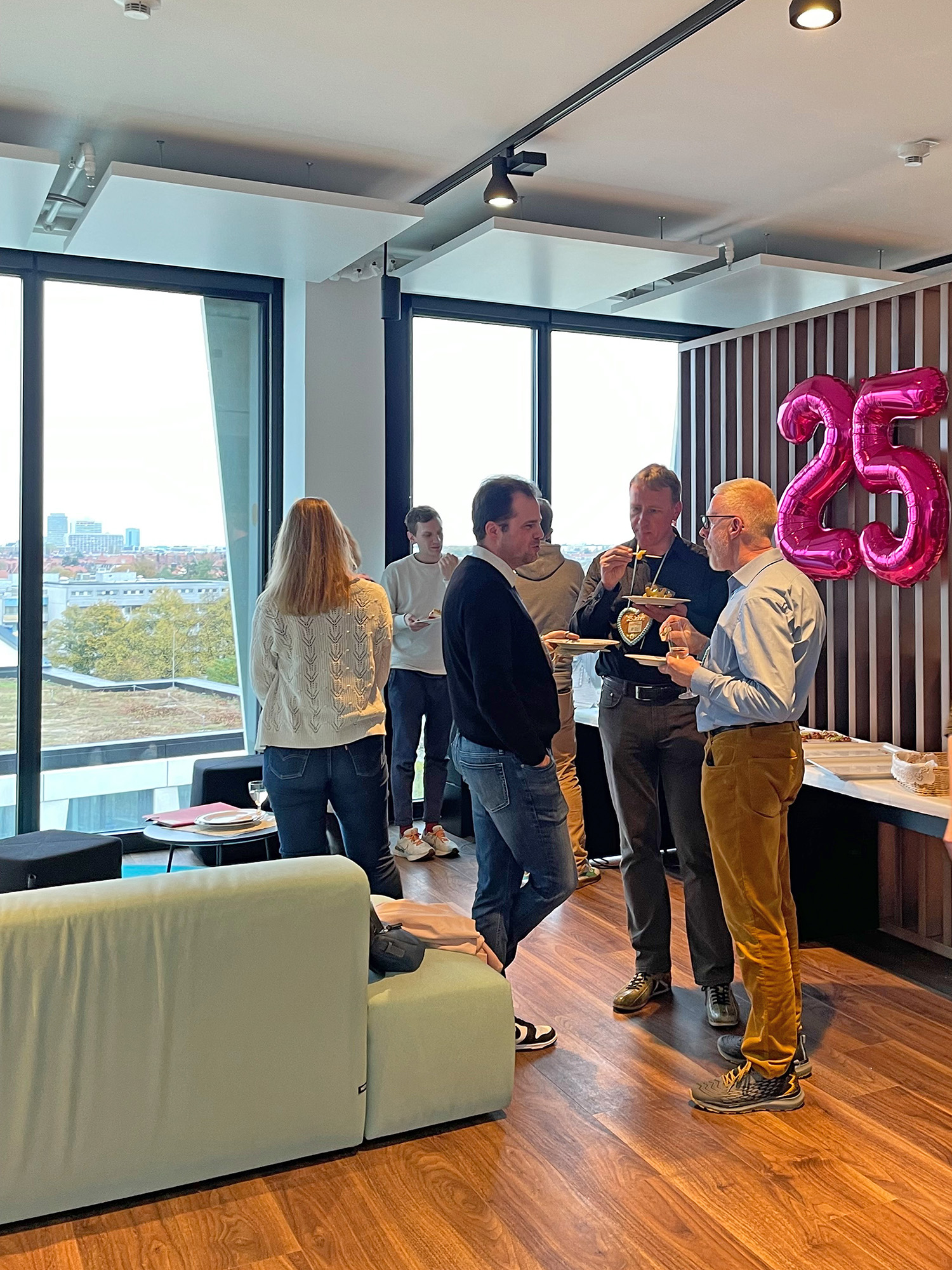 Durch die Koordination der globalen Initiativen OA2020 und ESAC hat die MPDL die Entwicklung des wissenschaftlichen Publizierens geprägt und strategische und praktische Rahmenbedingungen geschaffen, um Open Access Wirklichkeit werden zu lassen. Für ihren bedeutenden Beitrag zur Förderung einer besseren (Wissenschafts-)Welt erhält sie Anerkennung.
Durch die Koordination der globalen Initiativen OA2020 und ESAC hat die MPDL die Entwicklung des wissenschaftlichen Publizierens geprägt und strategische und praktische Rahmenbedingungen geschaffen, um Open Access Wirklichkeit werden zu lassen. Für ihren bedeutenden Beitrag zur Förderung einer besseren (Wissenschafts-)Welt erhält sie Anerkennung.
Anlässlich unseres 25-jährigen Jubiläums blicken wir mit Stolz auf alles zurück, was wir für unsere Forschenden und die Wissenschaftsgemeinschaft im weiteren Sinne erreicht haben. So wie die Infrastruktur hinter einem Lichtschalter das Leben erleichtert, ohne dass wir darüber nachdenken, hat unsere Arbeit Forschung stillschweigend vorangetrieben. Wir blicken nach vorne und sind mehr denn je entschlossen, für Open Science einzutreten und die Herausforderungen anzunehmen, die auch in Zukunft eine bessere und und für alle zugänglichere Wissenschaft ermöglichen werden.
Wenn Sie Fragen oder Feedback zur MPG-Literatur-Grundversorgung haben, würden wir uns freuen, von Ihnen zu hören! Sie können uns gerne unter Diese E-Mail-Adresse ist vor Spambots geschützt! Zur Anzeige muss JavaScript eingeschaltet sein! kontaktieren.
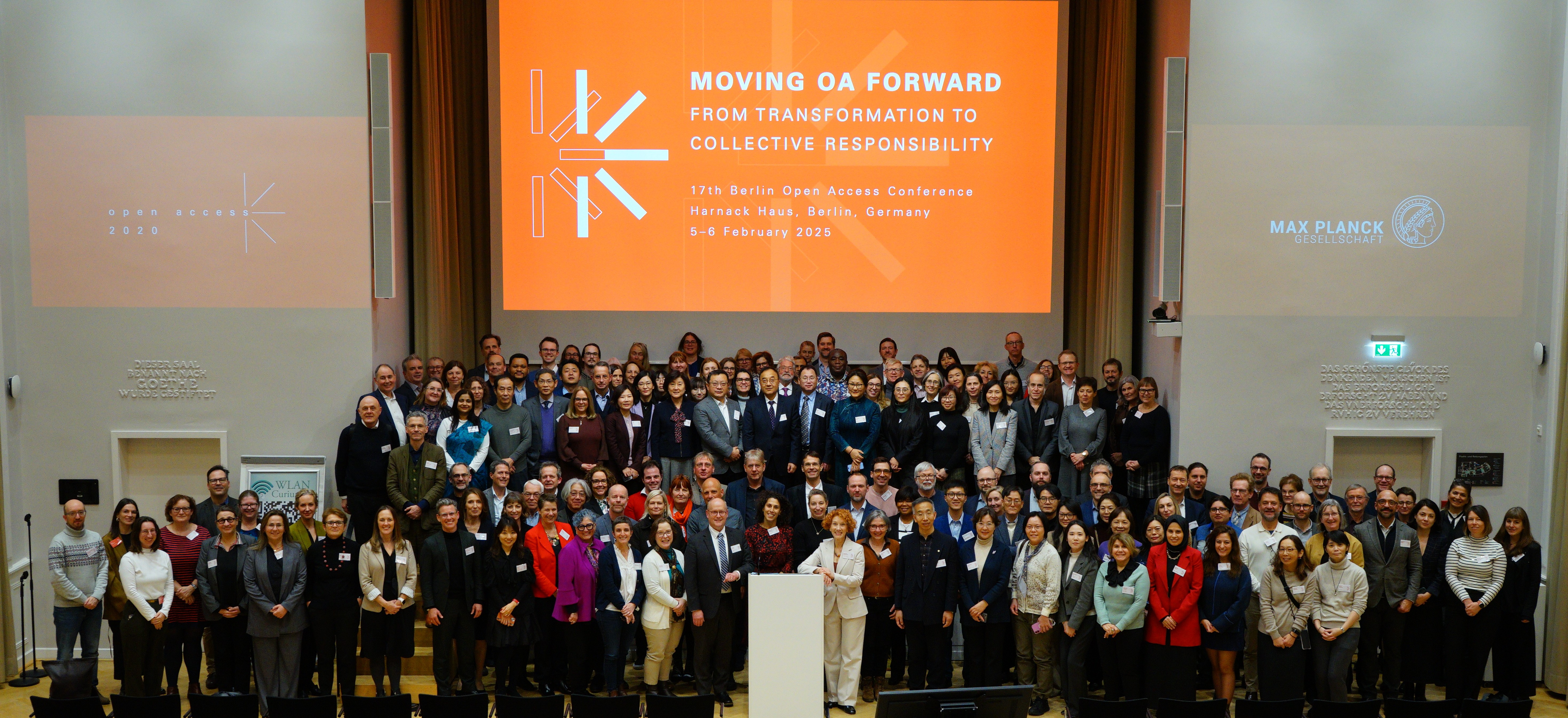










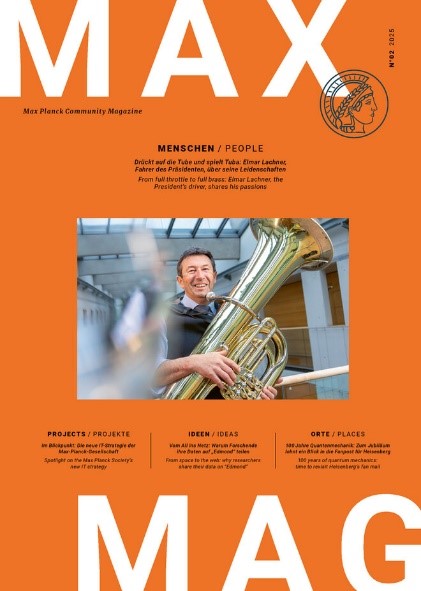
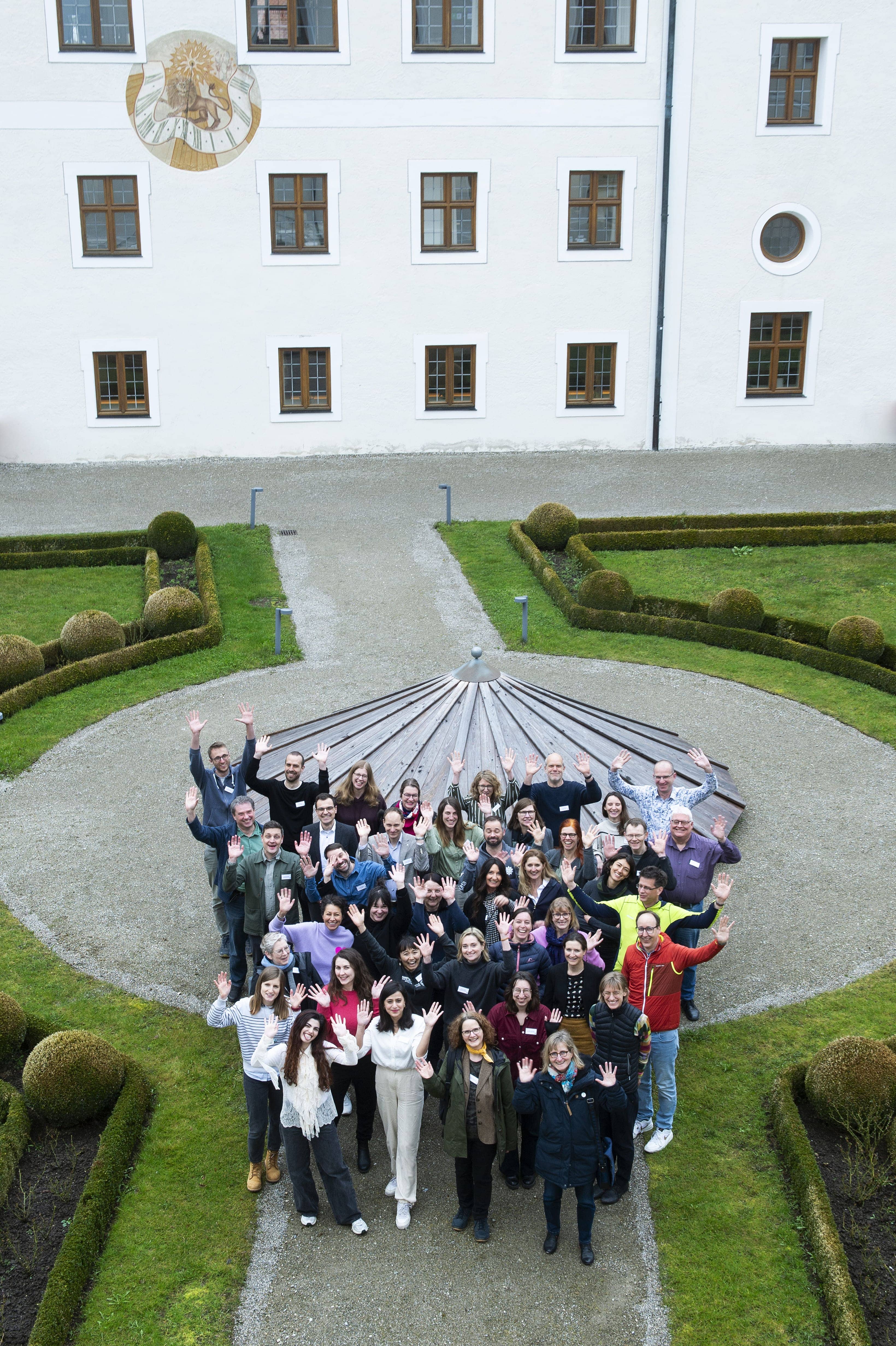
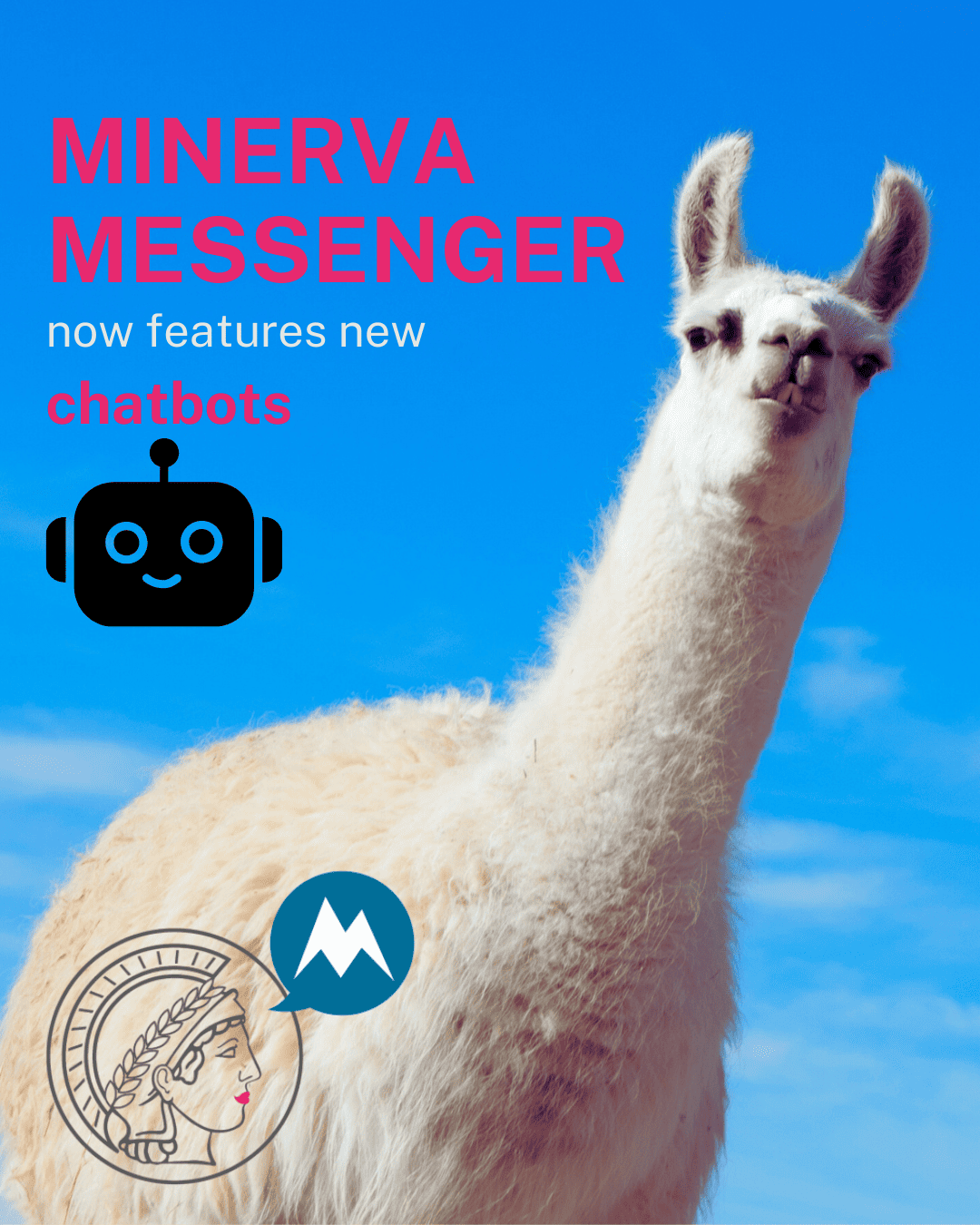
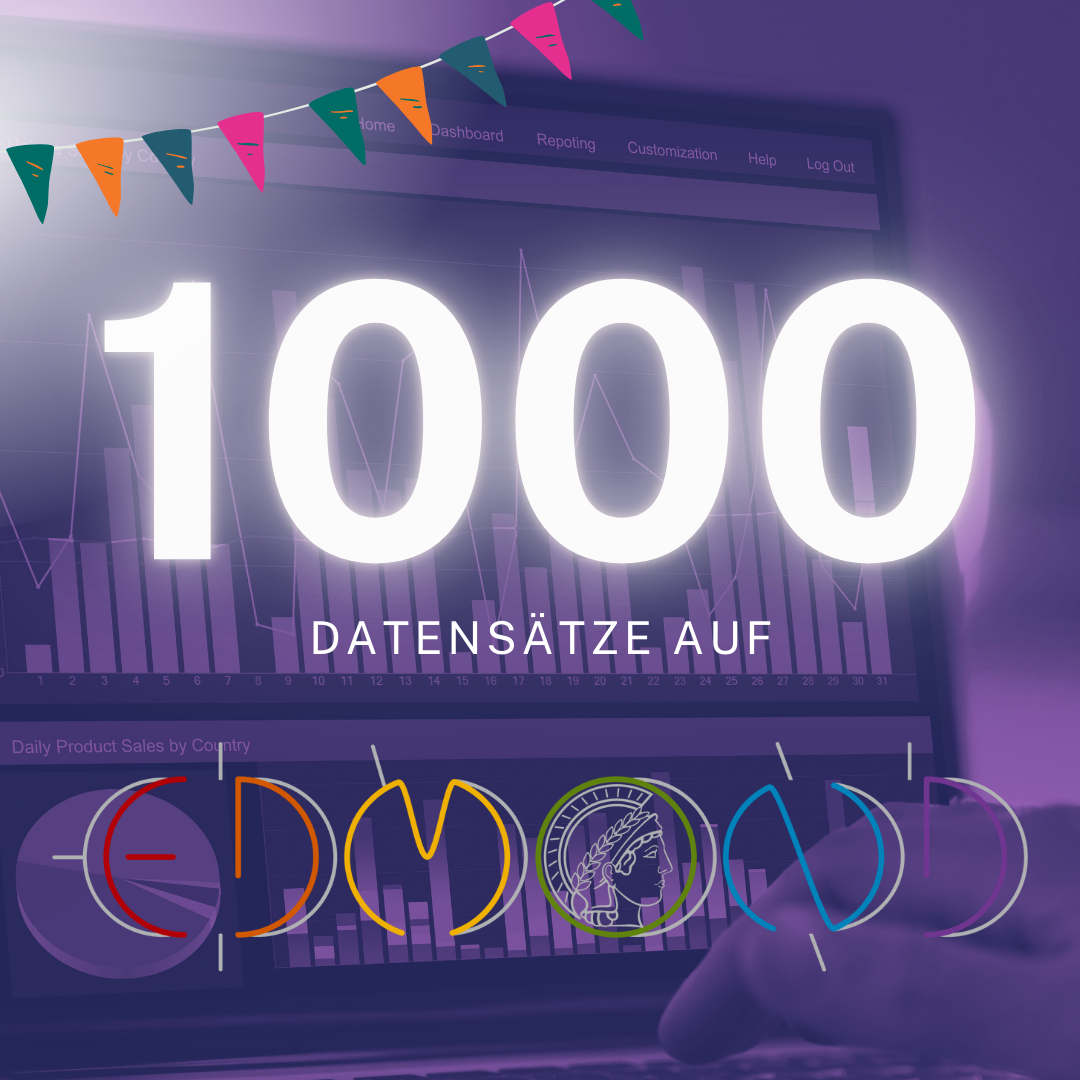

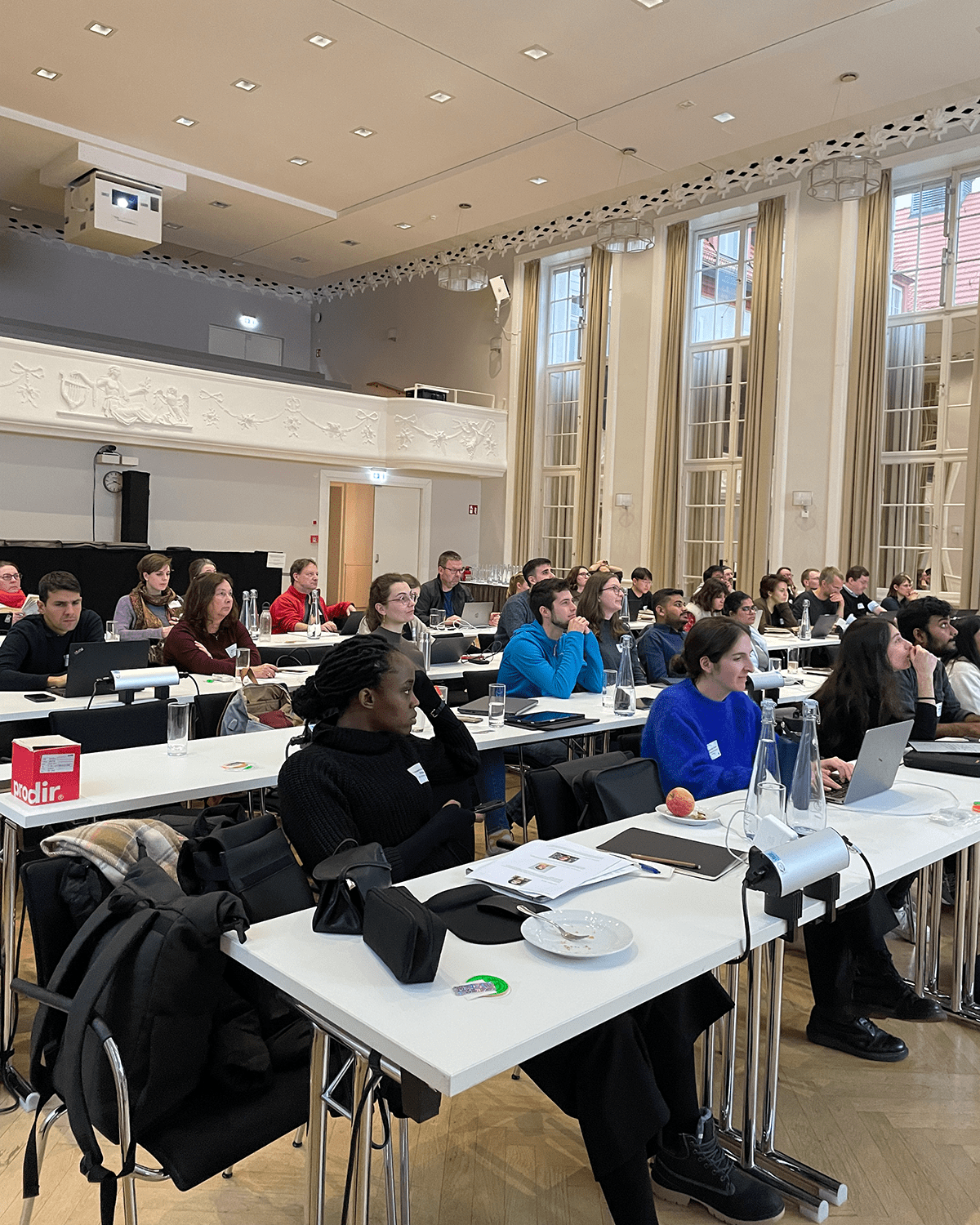
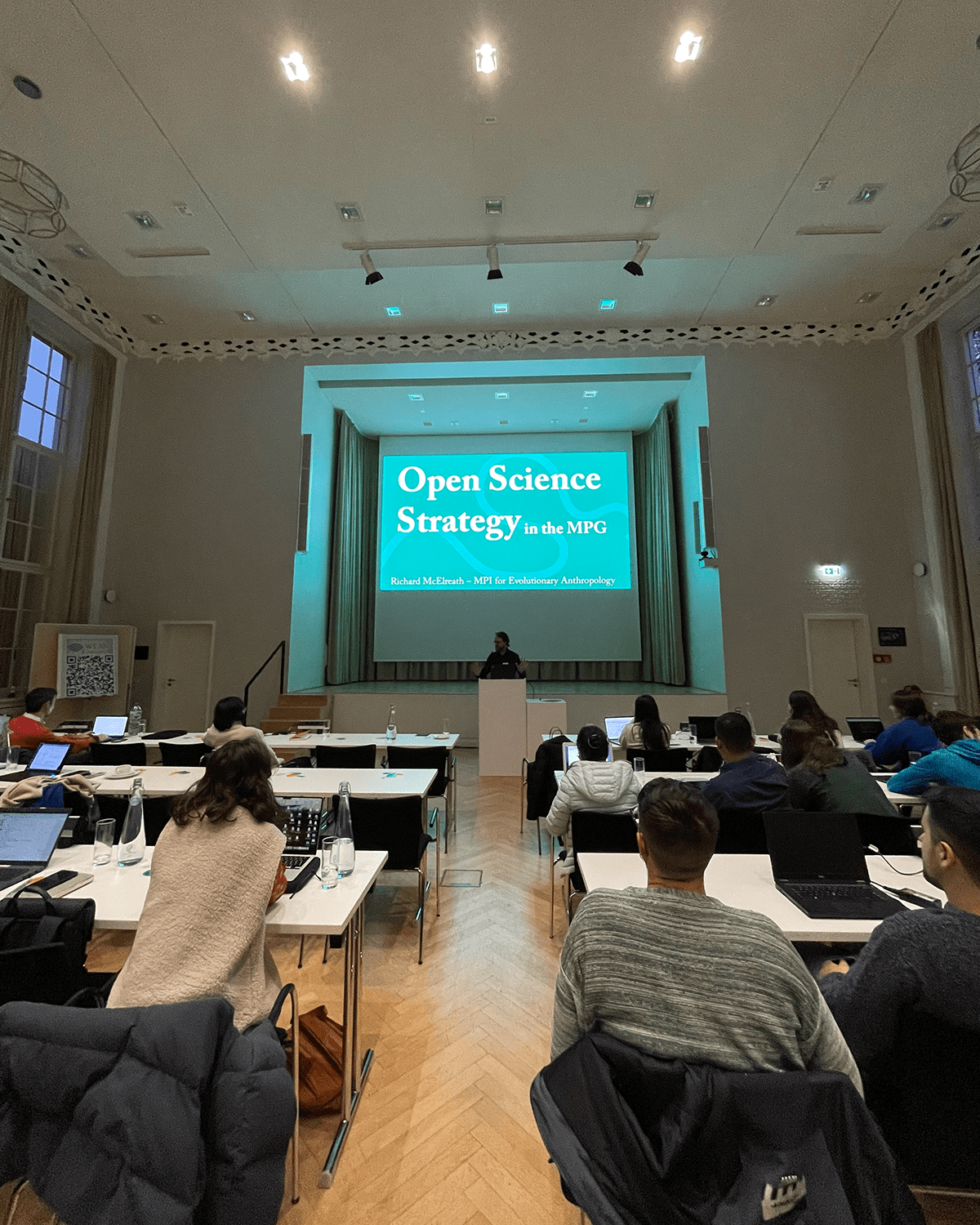
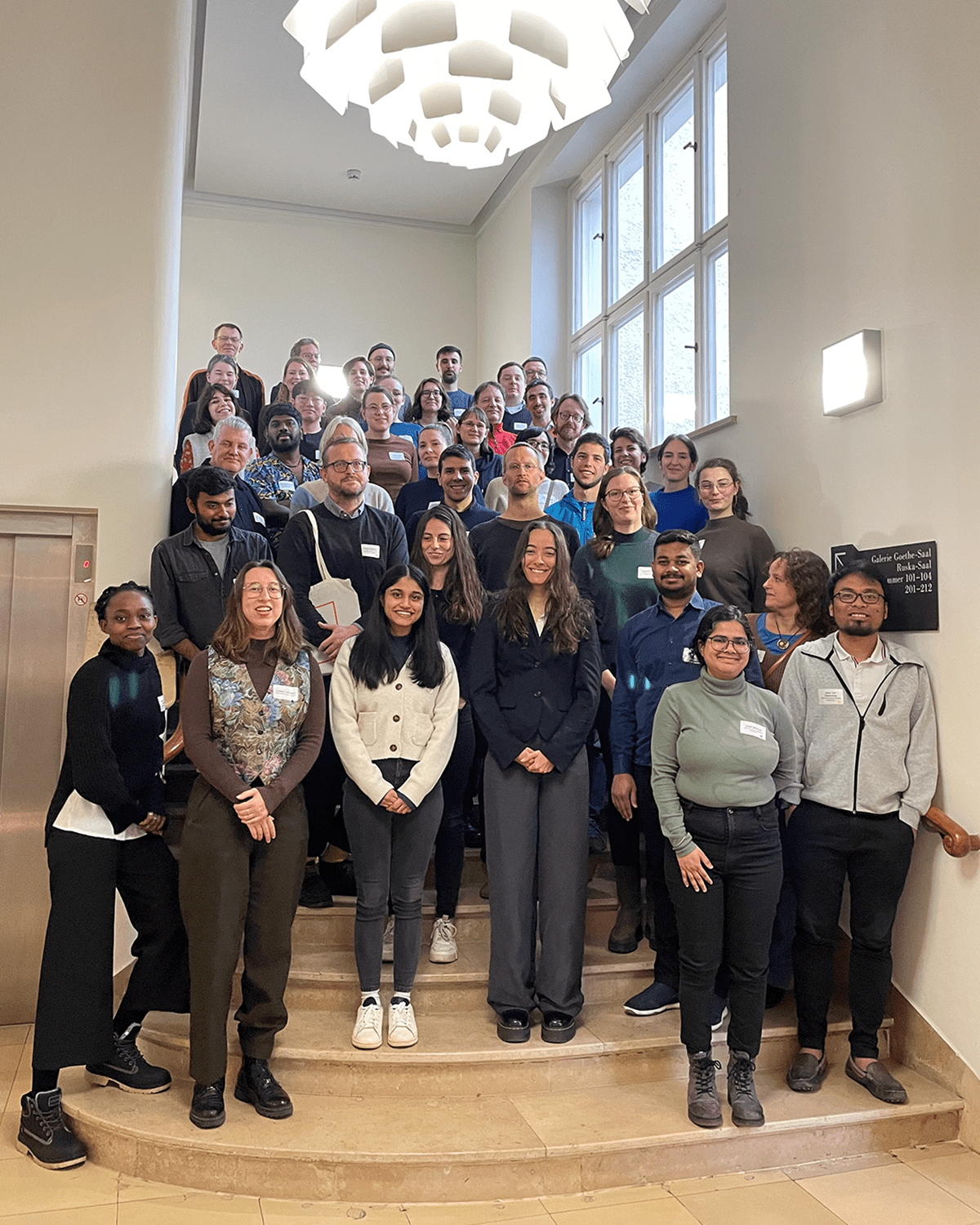
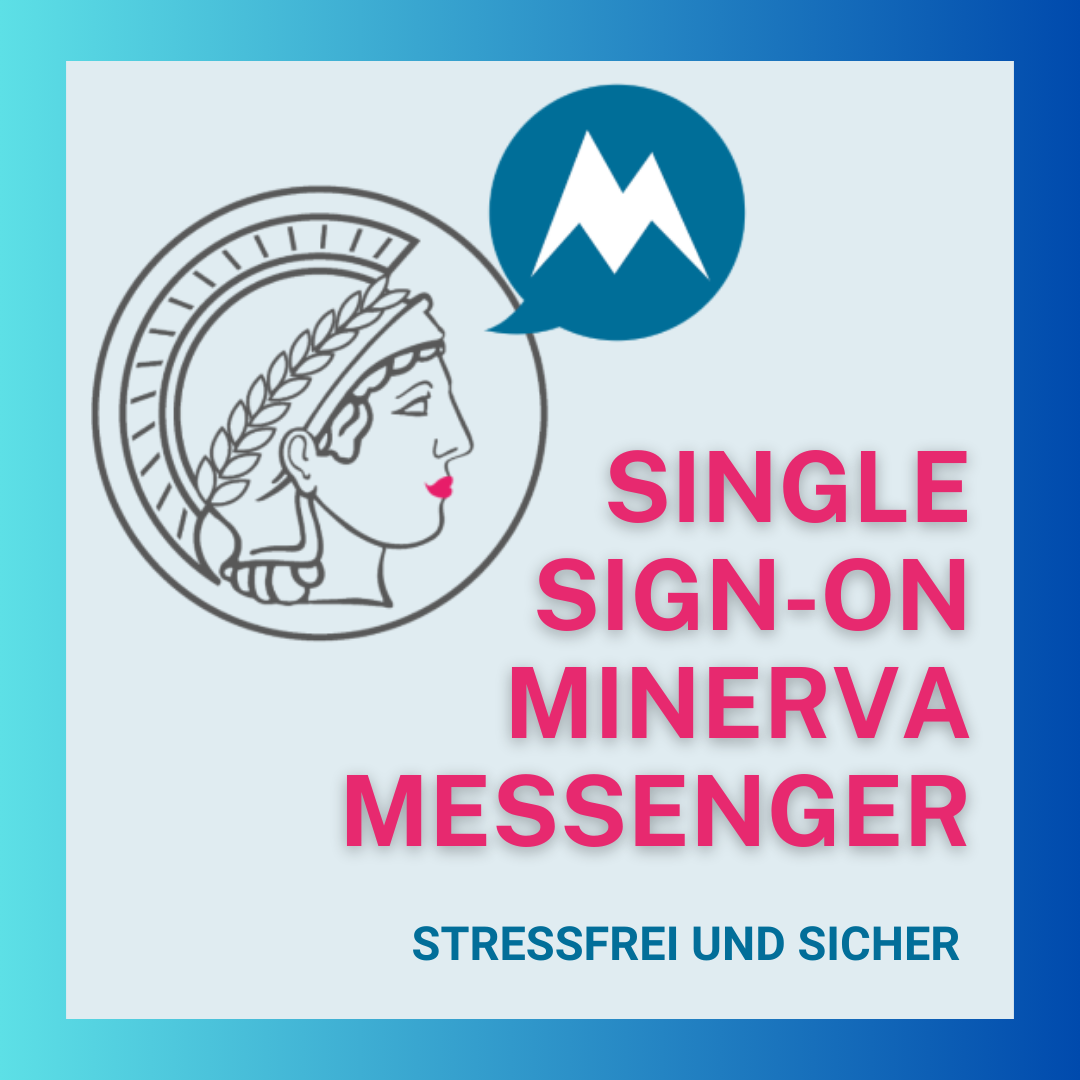
 Da knallen die Korken: Die Max-Planck-Gesellschaft feiert ein Vierteljahrhundert Literatur-Grundversorgung. Die Literatur-Grundversorgung ist heute ein zentraler Service der Max Planck Digital Library (MPDL). Dank der Grundversorgung wird den MPG-Forschenden ein nahezu universeller Zugang zu wissenschaftlicher Literatur angeboten und gleichzeitig wird sichergestellt, dass Forschungsergebnisse der MPG ein breites Publikum erreichen.
Da knallen die Korken: Die Max-Planck-Gesellschaft feiert ein Vierteljahrhundert Literatur-Grundversorgung. Die Literatur-Grundversorgung ist heute ein zentraler Service der Max Planck Digital Library (MPDL). Dank der Grundversorgung wird den MPG-Forschenden ein nahezu universeller Zugang zu wissenschaftlicher Literatur angeboten und gleichzeitig wird sichergestellt, dass Forschungsergebnisse der MPG ein breites Publikum erreichen. Durch die Koordination der globalen Initiativen
Durch die Koordination der globalen Initiativen 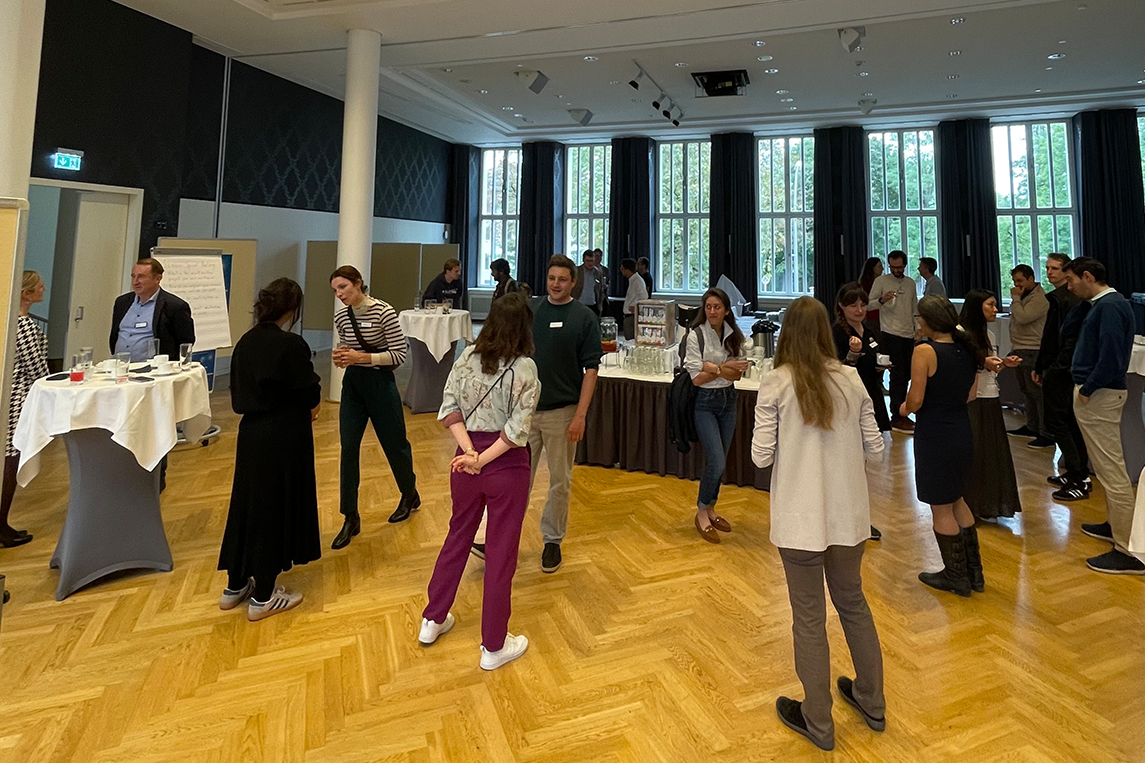
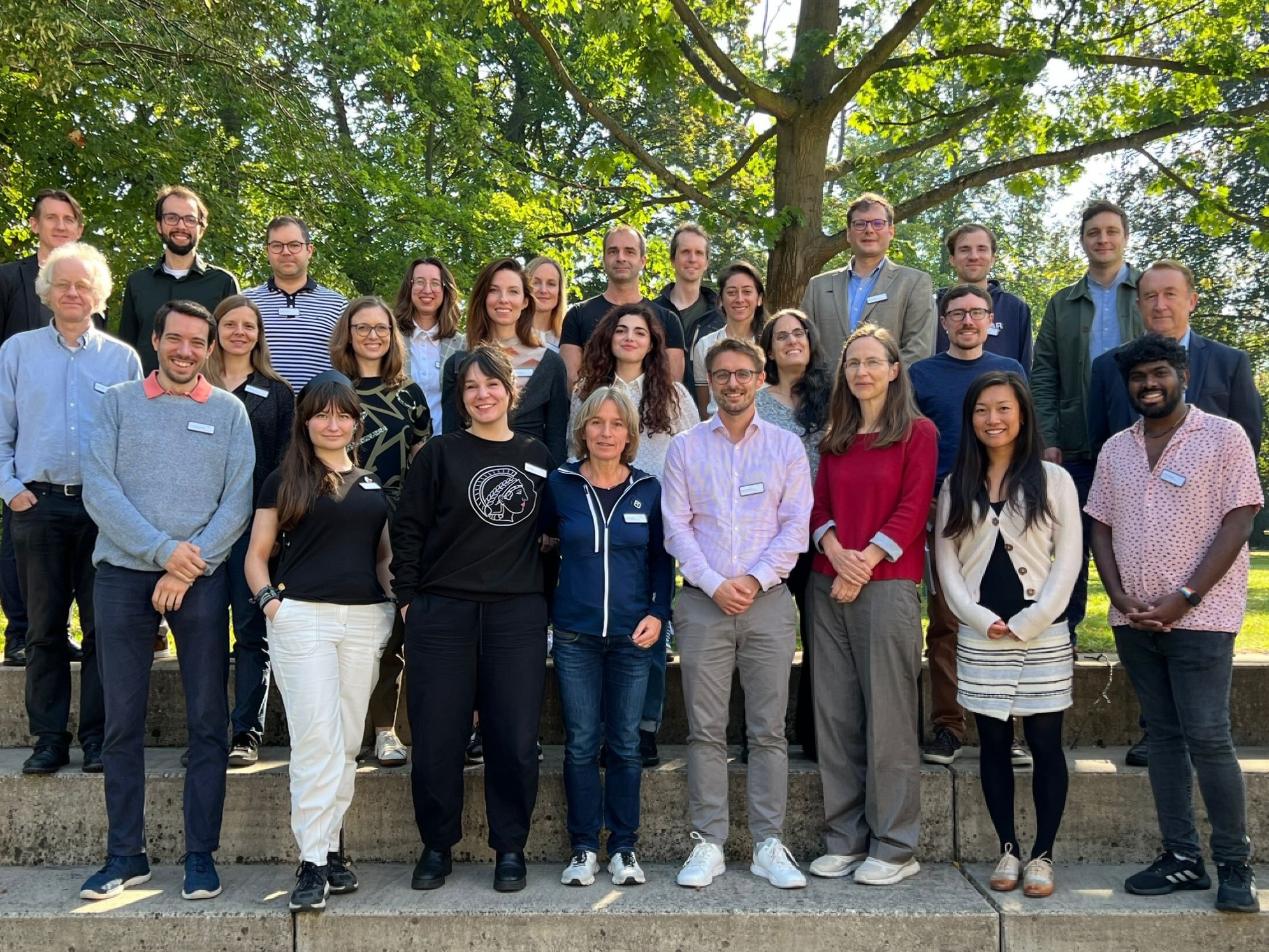
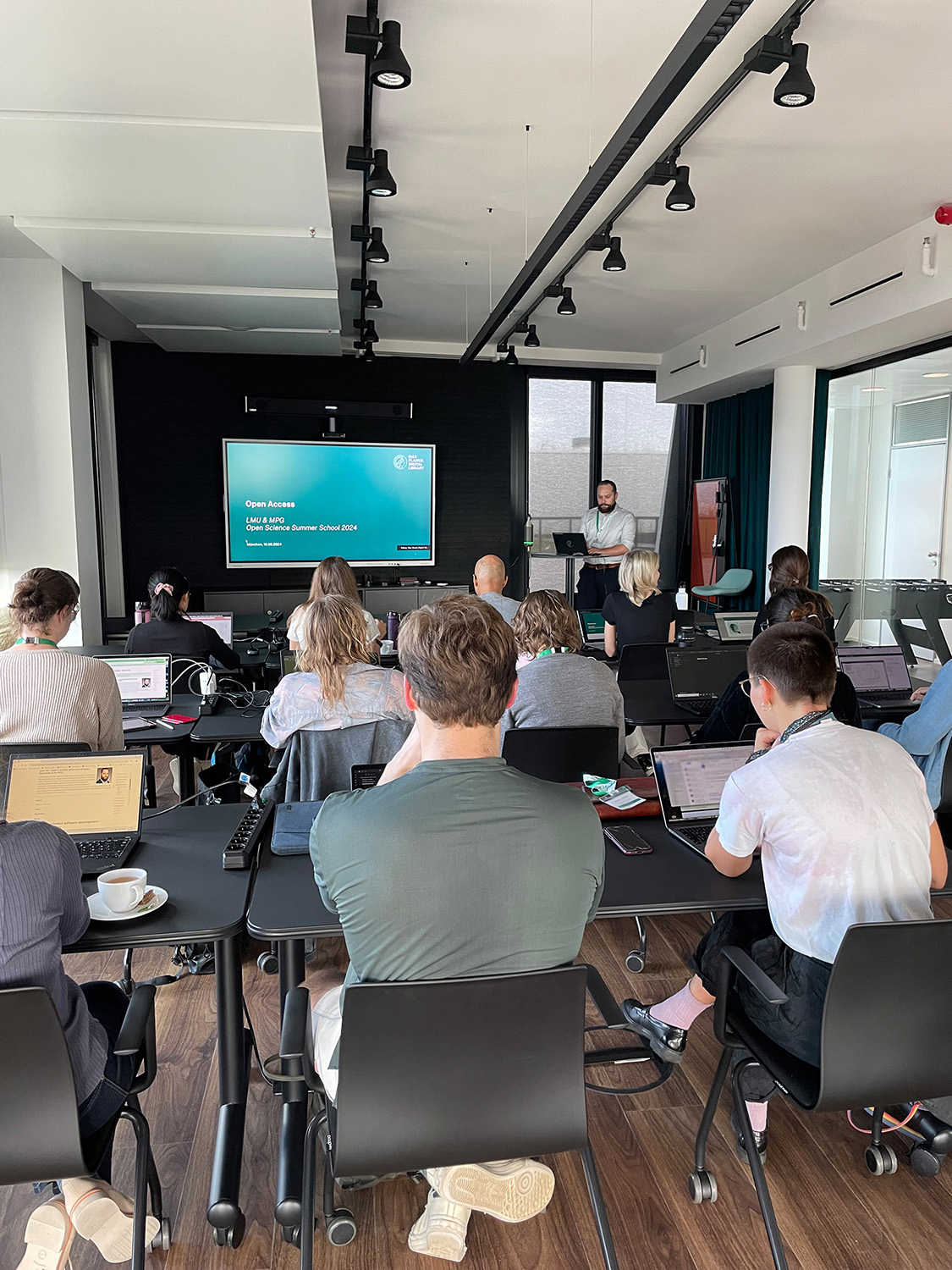
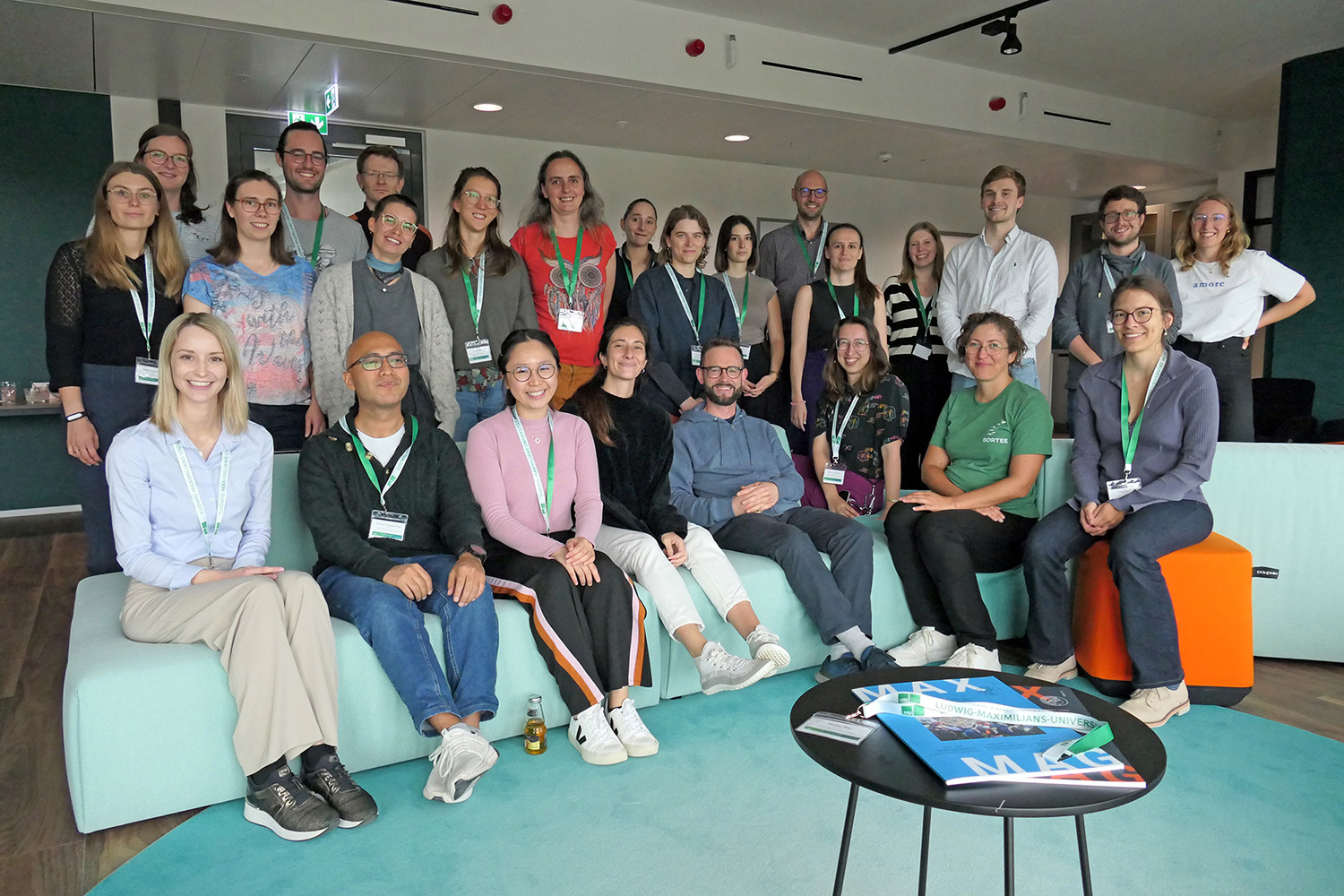
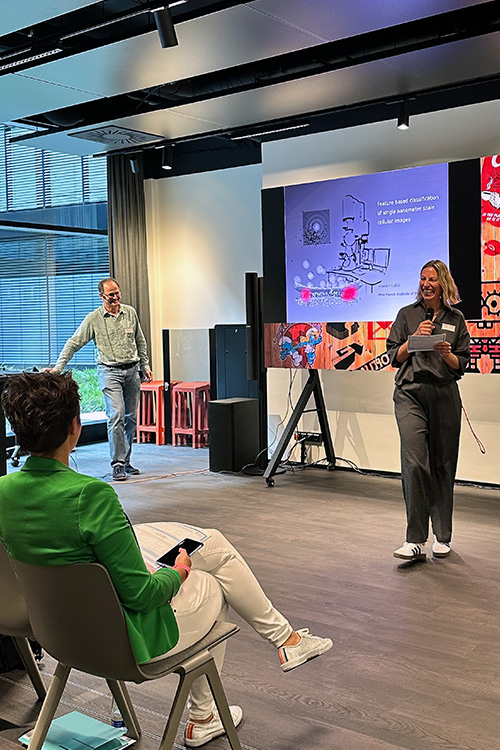
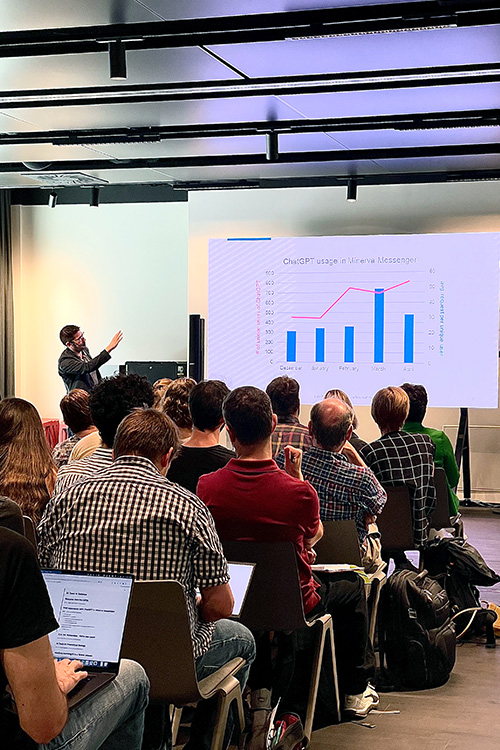
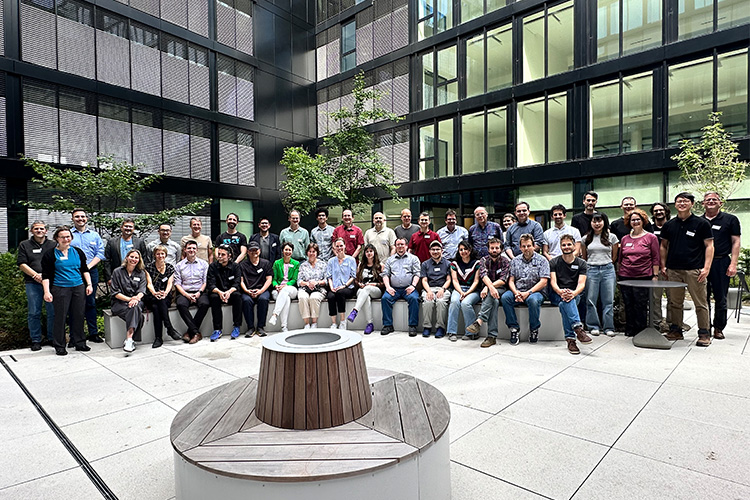
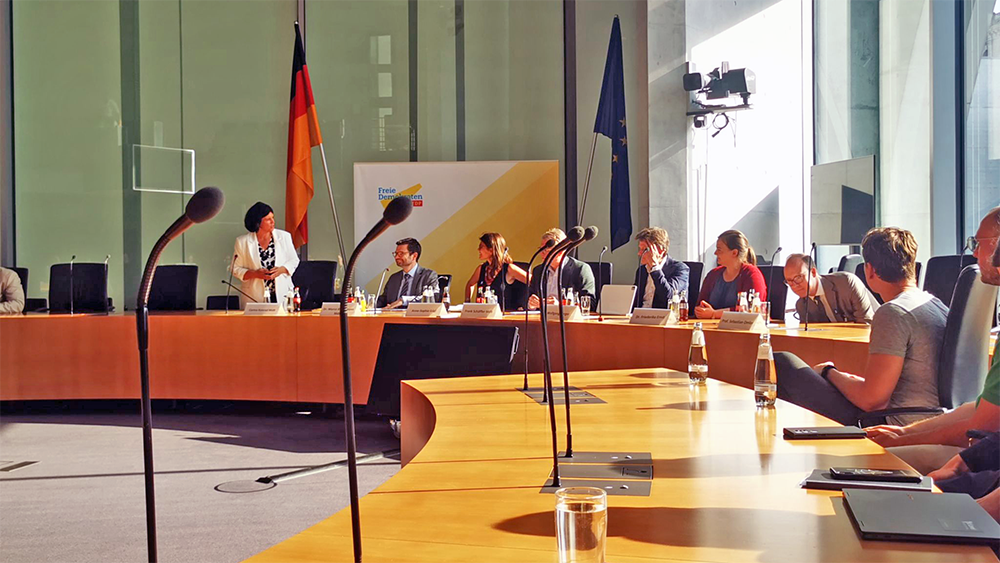
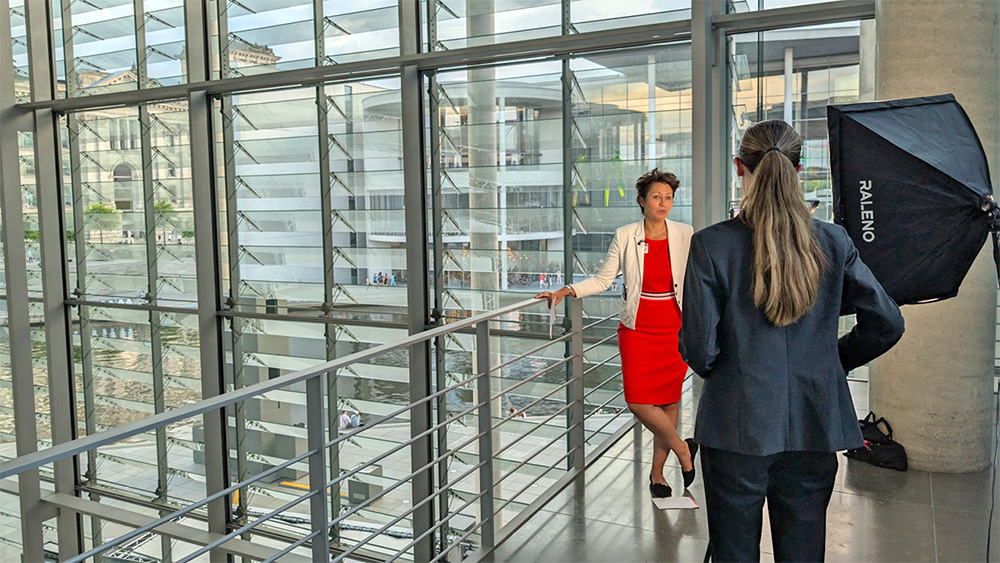
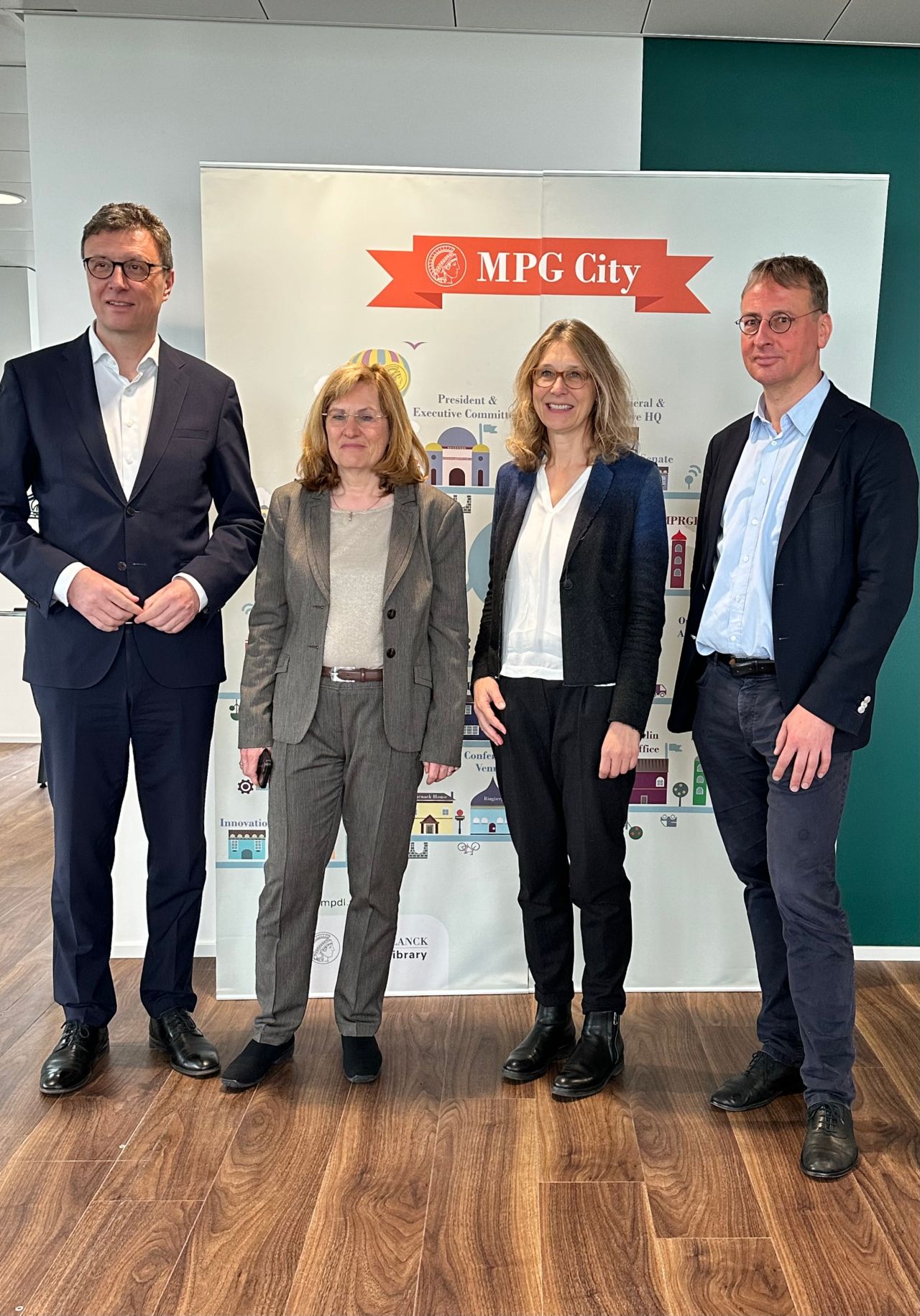
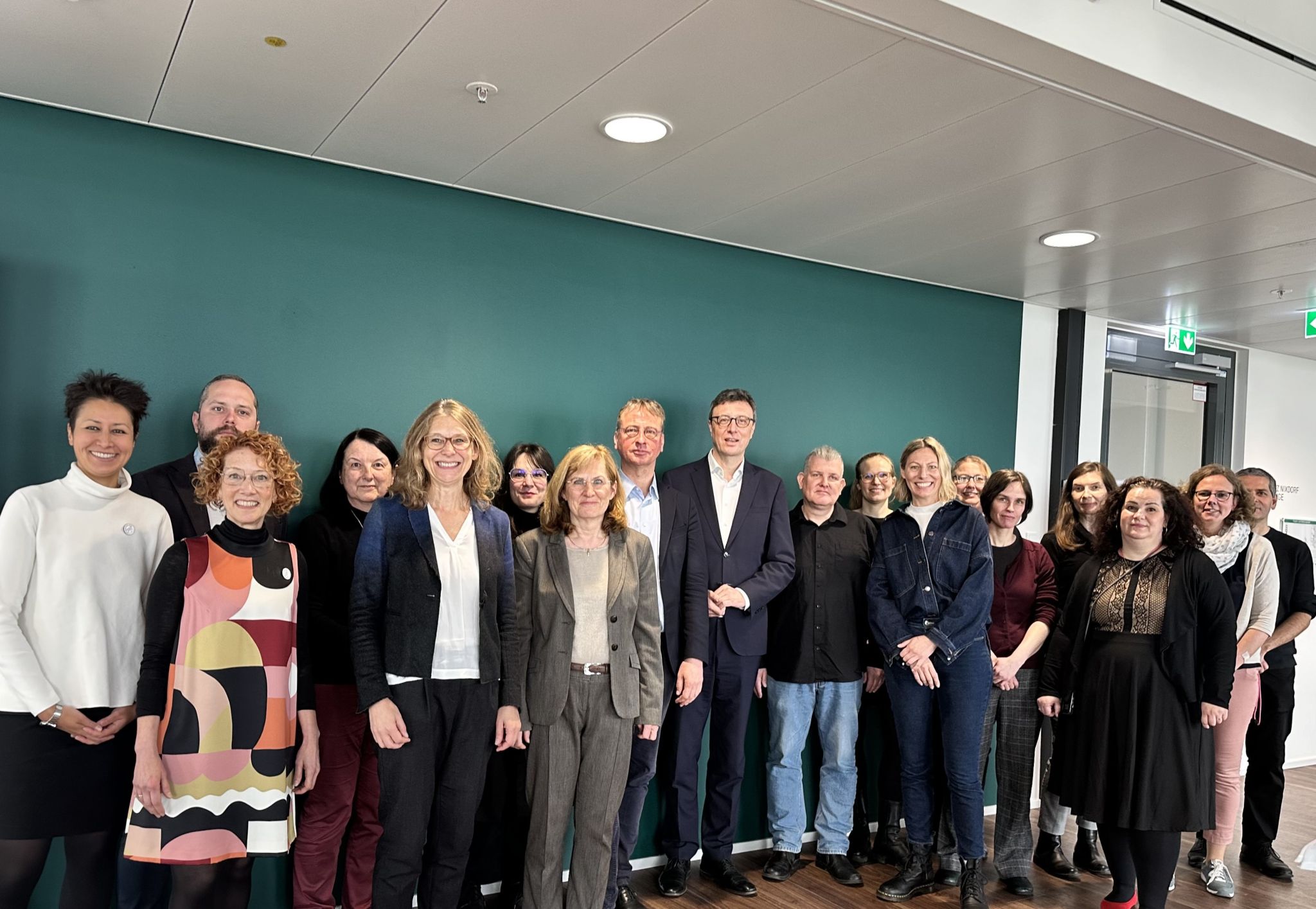
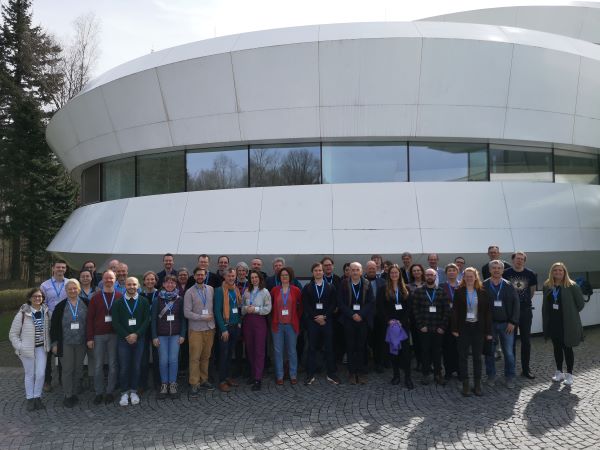

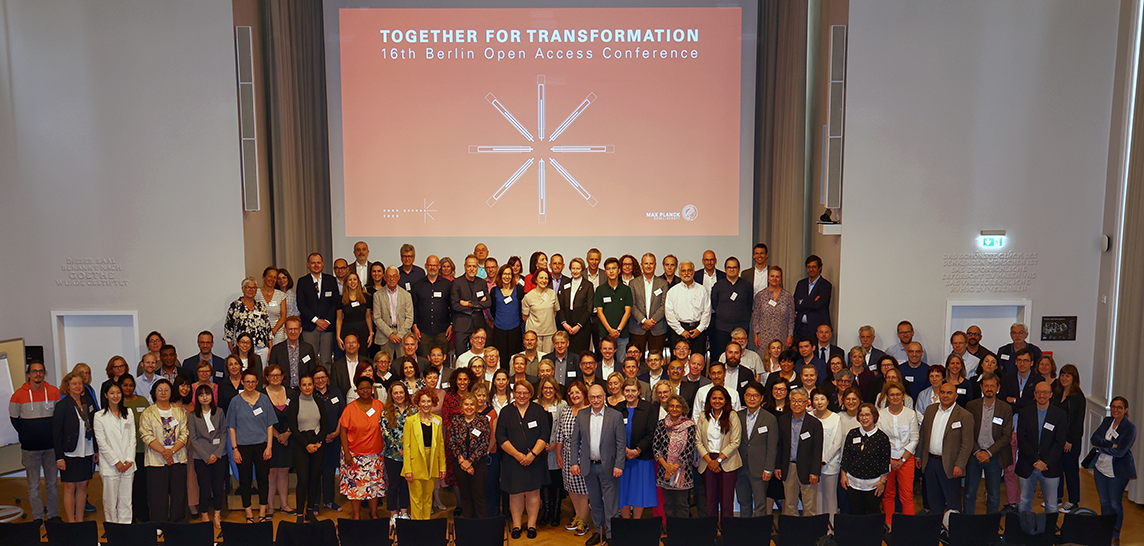 Participants of B16
Participants of B16
